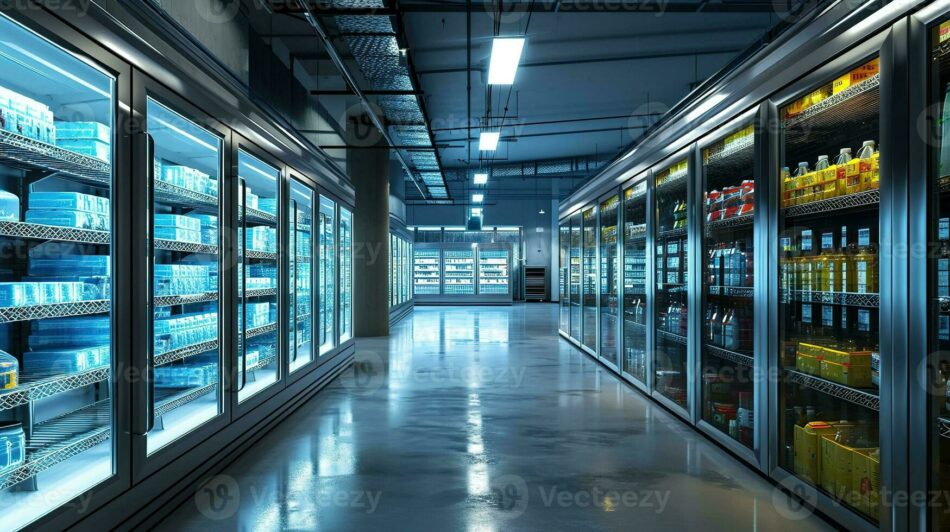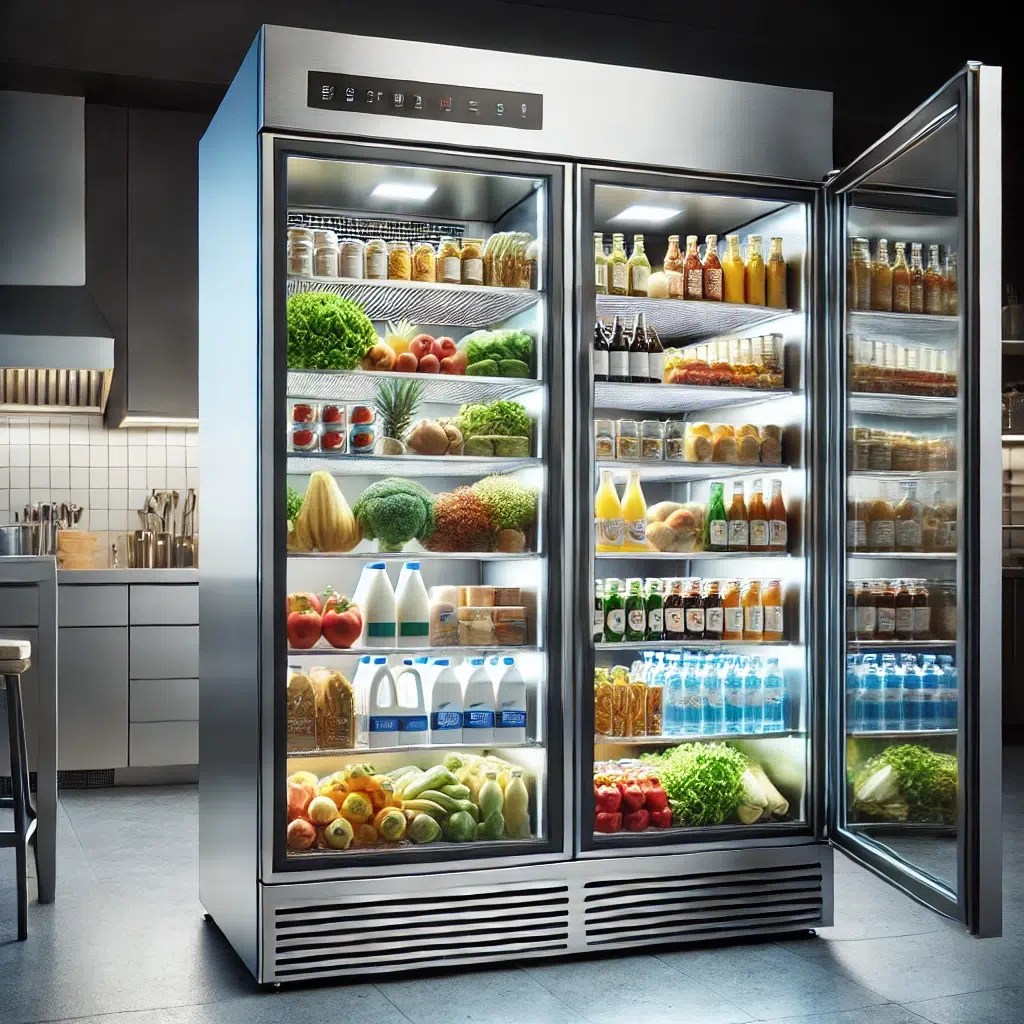The Importance of Commercial Refrigeration

In the bustling world of the food service industry, maintaining optimal storage conditions for perishable goods is not just a matter of convenience, but a critical aspect of ensuring food safety, quality, and longevity. The backbone of this requirement lies in the efficiency and reliability of refrigeration systems, particularly in environments such as walk-in coolers and freezers.
The Rise of Cost-Effective Solutions
Today, there’s a growing trend among some businesses to opt for cost-effective solutions like the Cool Bot system, which promises to convert standard air conditioners into functioning refrigeration units for commercial use. While the initial appeal of such a setup may seem enticing, it’s crucial to delve deeper into the nuances of commercial refrigeration and why it remains the gold standard in the industry.
Why Commercial Refrigeration Systems Are Superior
Let’s explore some key reasons why commercial refrigeration systems stand head and shoulders above alternatives like air conditioning Bots that only force the A/C unit to run near 100% of the time to achieve the needed lower temperatures required to safe food storage temperatures, let alone temperature recovery do to air infiltration when the door is opened:
- Precision Engineering: Commercial refrigeration units are purpose-built with precision engineering to meet the stringent demands of the food industry. They are designed to maintain consistent temperatures across varying loads and ambient conditions, ensuring optimal storage conditions for perishable items. In contrast, makeshift solutions like Cool Bots and other controllers lack the sophistication and reliability required for commercial-scale operations.
- Compliance and Safety: Food safety regulations are stringent and non-negotiable. Commercial refrigeration systems are designed and certified to comply with industry standards and regulations, providing assurance to businesses and consumers alike that food products are stored under safe conditions. Using makeshift solutions like Cool-bots or any other types of A/C temperature controllers may jeopardize compliance, leading to potential legal and reputational consequences. It is a known fact that your typical air conditioning unit is not NSF approved or even food safety code compliant.
- Reliability and Durability: In the fast-paced environment of commercial kitchens and food establishments, reliability is paramount. Commercial refrigeration systems are built to withstand heavy usage and are equipped with robust components that can endure the rigors of daily operation. On the other hand, makeshift setups like Cool-Bots lack the durability and longevity required for sustained commercial use, leading to frequent breakdowns and costly repairs.
- Energy Efficiency: Energy costs constitute a significant portion of operating expenses for businesses. Commercial refrigeration systems are engineered for optimal energy efficiency, incorporating features such as high-efficiency compressors, insulation, and temperature controls to minimize energy consumption without compromising performance. While Cool-Bots may offer initial cost savings, the long-term operational costs, including energy consumption and maintenance, may outweigh the benefits.
- Professional Support and Service: In the event of technical issues or maintenance requirements, businesses rely on prompt and professional support to minimize downtime and ensure continuity of operations. Commercial refrigeration suppliers offer comprehensive service agreements and technical support, backed by experienced technicians who understand the intricacies of the equipment. With makeshift solutions like Cool-Bots and other controllers, businesses may struggle to find reliable support, leading to prolonged disruptions and potential losses.
Conclusion
In conclusion, while solutions like makeshift temperature Bots and air conditioning unit may appear attractive from a cost-saving perspective, the inherent risks and limitations associated with makeshift refrigeration setups cannot be overlooked. Commercial refrigeration systems offer unmatched reliability, performance, and compliance, making them indispensable assets for businesses in the food industry. By investing in quality refrigeration infrastructure, businesses can safeguard their reputation, ensure food safety, and maintain operational efficiency in the long run.
Stay cool, stay safe, and stay committed to quality with commercial refrigeration.
